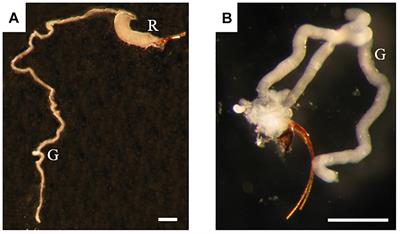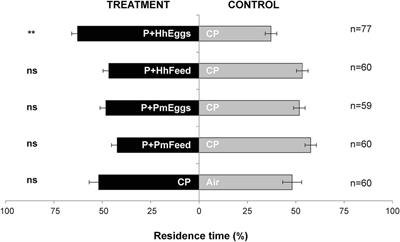CORRECTION
Published on 26 Jun 2020
Corrigendum: Chemical Ecology of Capnodis tenebrionis (L.) (Coleoptera: Buprestidae): Behavioral and Biochemical Strategies for Intraspecific and Host Interactions

doi 10.3389/fphys.2020.00668
- 1,179 views
41k
Total downloads
159k
Total views and downloads
You will be redirected to our submission process.
CORRECTION
Published on 26 Jun 2020

EDITORIAL
Published on 23 Jun 2020
ORIGINAL RESEARCH
Published on 19 Nov 2019

ORIGINAL RESEARCH
Published on 18 Sep 2019

ORIGINAL RESEARCH
Published on 06 Sep 2019

ORIGINAL RESEARCH
Published on 24 Jul 2019

ORIGINAL RESEARCH
Published on 05 Jul 2019

ORIGINAL RESEARCH
Published on 04 Jul 2019

ORIGINAL RESEARCH
Published on 21 Jun 2019

ORIGINAL RESEARCH
Published on 21 Jun 2019

ORIGINAL RESEARCH
Published on 21 Jun 2019

ORIGINAL RESEARCH
Published on 19 Jun 2019

